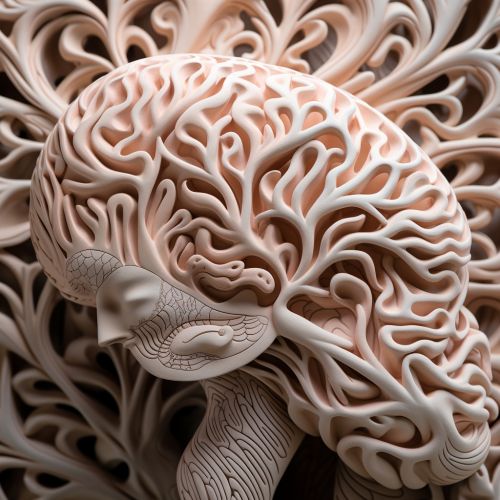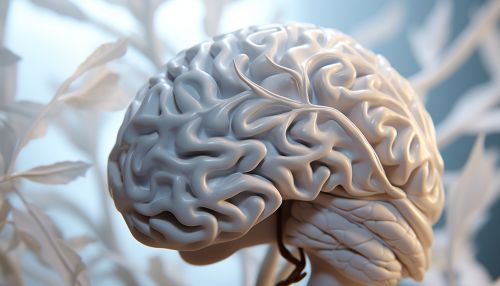Cognitive Mechanisms of Intuitive Judgment
Introduction
Cognitive mechanisms of intuitive judgment refer to the mental processes that allow individuals to make quick decisions without conscious reasoning. These mechanisms are a part of the larger cognitive system, which includes perception, memory, attention, and language. Intuitive judgment is often contrasted with deliberative thinking, which is slower and more conscious.


Cognitive Processes Involved in Intuitive Judgment
Intuitive judgment involves several cognitive processes. These include pattern recognition, associative memory, and automaticity.
Pattern Recognition
Pattern recognition is the ability to identify patterns in the environment. It is a fundamental cognitive process involved in intuitive judgment. The brain is constantly scanning the environment for patterns, and when a pattern is recognized, it triggers an intuitive response.
Associative Memory
Associative memory is another key cognitive process involved in intuitive judgment. It refers to the ability to link together various pieces of information in memory. When a new situation is encountered, the brain automatically retrieves related information from memory, which can lead to an intuitive judgment.
Automaticity
Automaticity refers to the ability to perform tasks without conscious thought. Many cognitive processes become automatic with practice, allowing for faster and more efficient decision-making. This is particularly important in intuitive judgment, as it allows for quick decisions based on past experiences.
The Role of Experience in Intuitive Judgment
Experience plays a crucial role in intuitive judgment. With experience, individuals develop a rich store of knowledge and patterns that can be used to make quick, intuitive judgments. This is often referred to as expertise.


Expertise and Intuition
Experts in a particular field often rely on their intuition to make quick decisions. This is because they have a large store of patterns and knowledge that they can draw upon. Their intuitive judgments are often accurate because they are based on a deep understanding of the field.
The Dual-Process Theory
The dual-process theory is a prominent theory in cognitive psychology that explains how intuitive and deliberative thinking interact. According to this theory, intuitive judgment (System 1) is fast and automatic, while deliberative thinking (System 2) is slow and conscious.
Criticisms and Controversies
While intuitive judgment is a fundamental aspect of human cognition, it is not without its criticisms and controversies. Some researchers argue that intuitive judgment can lead to biases and errors, while others believe that it can be a valuable tool in decision-making.
Conclusion
Understanding the cognitive mechanisms of intuitive judgment is crucial for a variety of fields, including psychology, neuroscience, and artificial intelligence. By studying these mechanisms, researchers can gain insights into how the brain makes quick decisions, and how these processes can be improved.
